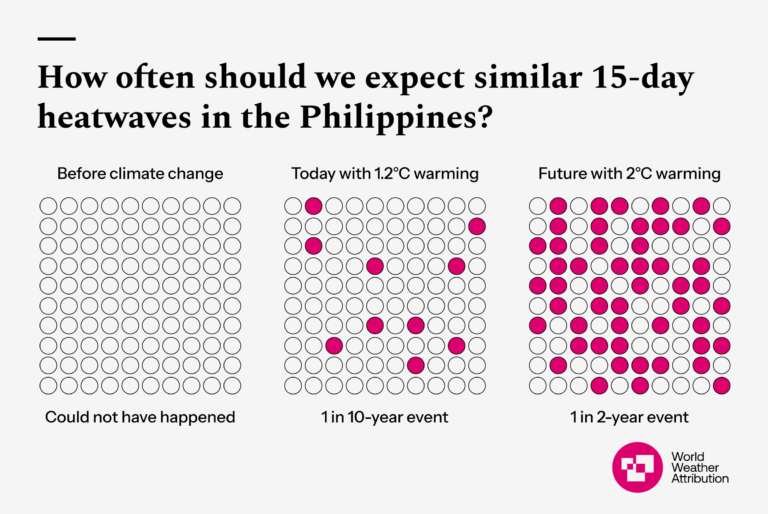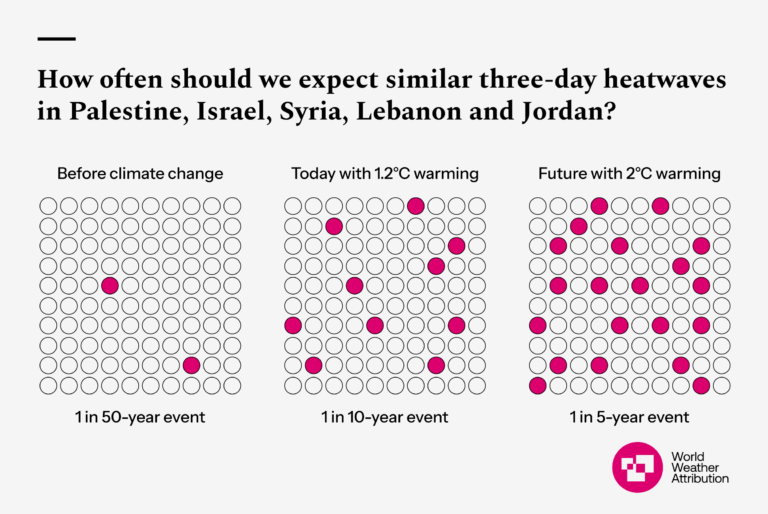Record-breaking heatwaves are sweeping across Asia in April-May, impacting billions and highlighting the urgency of climate action. A recent report by the World Weather Attribution group linked these extreme temperatures to human-driven climate change.

The scorching temperatures caused widespread disruption. Schools closed, crops withered, and hundreds tragically lost their lives to heat-related illnesses. Myanmar, Laos, and Vietnam endured their hottest Aprils ever, while India saw temperatures peak at a staggering 46 degrees Celsius (114.8 Fahrenheit). From Gaza to Delhi to Manila, people suffered and died when April temperatures soared in Asia.
The urgency for adaptation is clear. The Red Cross Red Crescent Climate Centre emphasized the need for Asian governments to prioritize measures that minimize health risks, especially for vulnerable populations.

Fortunately, there are signs of progress. China, for instance, is pushing provinces to implement energy-saving plans to curb emissions by 2025. Similarly, Japan has initiated discussions for a new energy plan that focuses on balancing energy security with decarbonization goals to achieve carbon neutrality by 2050.


These actions, while positive, highlight the immense challenge ahead. Continued international cooperation and ambitious climate action plans are crucial to mitigate the growing threat of extreme weather events like the one Asia is enduring.
Reference- Reuters, Red Cross Red Crescent Climate Centre, State news source (China) [on energy-efficiency plans], Japanese industry ministry press release [on new energy plan discussions]






